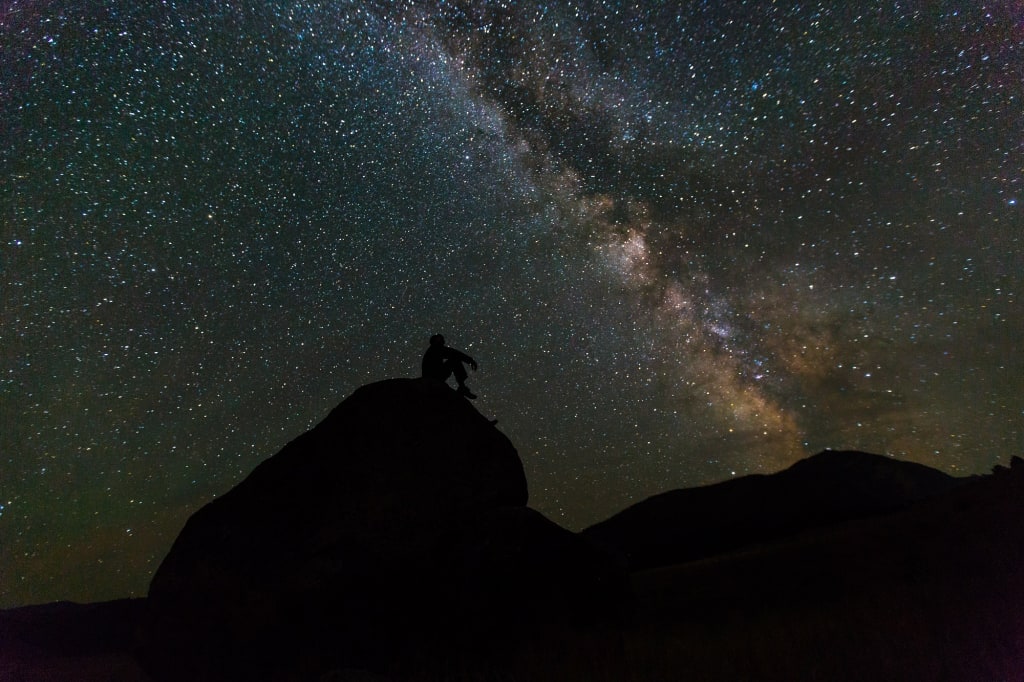Myth should be the childhood to philosophy.
When myths that reflect a deeper reality make up our calling to the past, we are driven to our philosophies, they have an important spiritual and cultural meaning ascribed to them, which allows philosophy to serve us as we live, in the form of our emotions.
When myth is not the childhood of philosophy, it becomes the endpoint we strive to in a search for values and culture and spiritual meaning. We will journey no further than the beginning, the moment of wonder. When we go no further we find no more answers, the mythos seems great enough to dictate everything, we feel too impressed by the novelty of spiritual feeling to care that it lacks clear meaning and truths, too impressed to even think that there should be truth in something so mysterious. It’s only the shadow of philosophy, which is not to say it’s false; it’s the intuitive and emotional heart of monumental truths which we will spend our lives trying to fully understand. We simply cannot begin to digest the entirety of truth without illuminating it with wonder.
Without any mythos we never feel this striving to begin with.
The myth is not to be outgrown but to be harkened back to, to inspire wonder. When we remember our past, our roots, our primal development of human emotion, the inspiration is waiting for us.
The childhood (as a body of emotion to draw from) remains inside the individual, as a potential for something we might describe as spirituality.
myth is not to replace reality, we are to realize that reality has been mythical all along.
i think i had seen a quote by someone about how we think ancient people told literal stories which we are now smart enough to read symbolically, when in reality they wrote symbolism which we are ignorant enough to try to read literally
>of course ancient cultures always succumbed quickly to their own fantasy and its even true that the fantasy eventually became a *greater* portion of all their generations' lived experiences(and ultimately a greater portion of the culture's legacy) than the symbolism, but the same can be said of all that is modern.
Now that you know, watch for yourself in real time as every new thing in our world does the same. All becomes fantasy and simulacrum of itself until that's all that's left of it's legacy. The fantasy becomes the legacy, the mythical reality does not.
I am also reminded of ernst junger's quote “Myth is not prehistory; it is timeless reality, which repeats itself in history.”
(6/5 addition) i should clarify, if it was not already clear enough, that I'm not referring to "myths" in the use of the word to just describe fables and small stories which a society is known for, but to the greater "mythos" that makes up the foundation of how a society views it's world. Like how people talk about the "American mythos". The American mythos in particular is a good reference for what i want to describe, because it's built and interpreted in the context of a nation that is almost entirely created after the industrial revolution, as opposed to the very ancient mythos of the old world. The whole world, not just America now has a new mythos, but only America, lacking that ancient backdrop, can have it's industrial and post-industrial mythos seen so clearly. The important thing to me is that in modern society, the timeless themes will continue to appear as they always have, only in new cultural languages.
.png)
